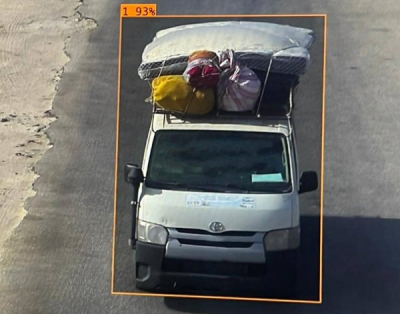Several African countries have adopted biometric identification in strategic sectors like public administration, security, transport, and finance. This much-appreciated development stems from their will to improve efficiency but, this adoption raises concerns, about various cases of abuse, it could facilitate.
Over the past decade, biometric adoption was accelerated in Africa with governments instituting fingerprint, facial, and iris recognition as the authentication norms in the issuance of various identity documents. and national identity cards. In its 2020-2030 Digital Transformation Strategy for Africa, the African Union even emphasized the use of such biometric identification technologies.
The Pan-African Development Institution believes that digital identity is essential for the digital economy because it promotes trust in all interactions, both online and offline.
However, this growing adoption of biometric technologies raises concerns given the legal weaknesses in African countries' data protection laws. In its report "State of play on Internet freedom in Africa 2022: the rise of biometric surveillance", the Collaboration on International ICT Policy for East and Southern Africa (CIPESA) fears abuses such as profiling or targeting, that are dangerous for individual freedoms.
"The use of CCTV with embedded facial recognition technologies is increasingly becoming more accessible and prevalent on the continent, yet these systems tend to be intrusive. These systems can track the movement of people, recognize motor-vehicle number plates, and match live footage of people in the public with images of those on a ‘watch list’ based on their ability to recognize specific and unique facial features, akin to fingerprinting," the research center explains.
According to Africa Data Protection, by January 2023, only 35 out of 54 African countries had a data protection law while only 22 countries had a data protection authority.
At a time when many African countries are still among the "unfree" states (in the Global Freedom Score 2022), CIPESA stresses that "the right to privacy is essential in a democratic society as it plays a critical role in the realization and enjoyment of the rights to freedom of expression, association, assembly and access to information." The center believes that there should be strict oversight on the use of biometric data.
Muriel Edjo



















